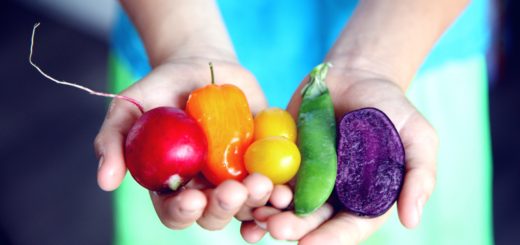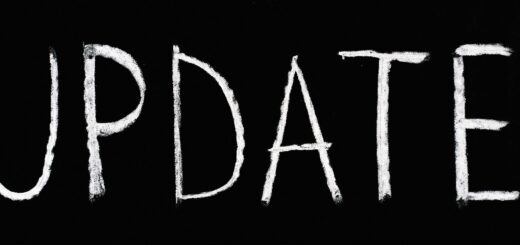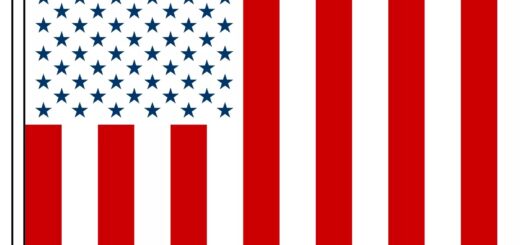Keeping Kosher
I grew up in a Reform Jewish family. We didn’t eat pork, but we did eat pepperoni pizza, so we clearly were not strictly Kosher. I only learned much later in life that pepperoni is a sausage made from pigs. I did learn the most important rules, however. Only later did I realize that they all concerned animal-based foods. There are no Kosher laws concerning plants, except on Passover, when you must avoid leavening in bread and other foods.
Kosher literally means “clean” in Hebrew. Here are the main laws, as I understand them:
- Do not eat the flesh of animals with cloven hooves, such as pigs, camels, and goats.
- Do not eat milk dishes with meat dishes. This law derives from a Biblical injunction not to stew a lamb in its mother’s milk. This implies no cheeseburgers. In fact, to be strictly Kosher, you need four sets of plates: for meat dishes and milk dishes year-round, and others for Passover.
- Do not eat shellfish, such as shrimp, clams, oysters, and lobster.
- There are specific ways to slaughter animals such as chickens and cows for consumption, and the rituals include specific prayers. If it’s not blessed by a rabbi, it’s technically not Kosher. I learned somewhere along the line that sirloin steak is never Kosher, except in one hotel in Israel, where they go to the extra trouble of ensuring that the sciatic nerve is fully removed.
- The way to tell if a packaged processed food is Kosher is to look on the label for a symbol containing a U in a circle, which certifies that it is.
- On the eight days of Passover, do not eat leavened (risen) bread or any food containing a leavening agent such as yeast or baking powder.
Isn’t it ironic that I now keep these rules far more scrupulously than we did in my family growing up? In fact, I believe I am closer to strictly Kosher now that I eat whole food, plant-based than most Jews who try to keep Kosher.







